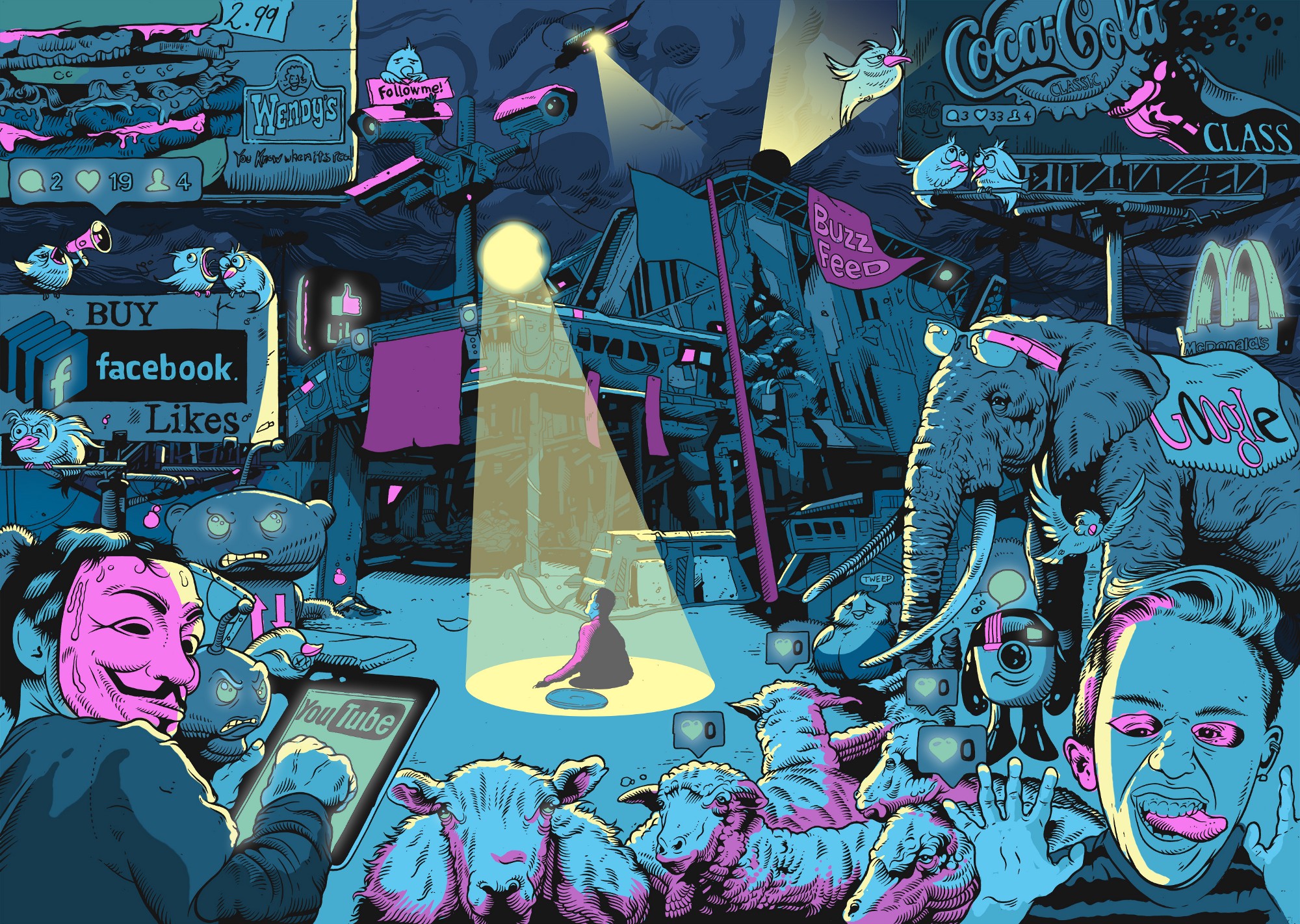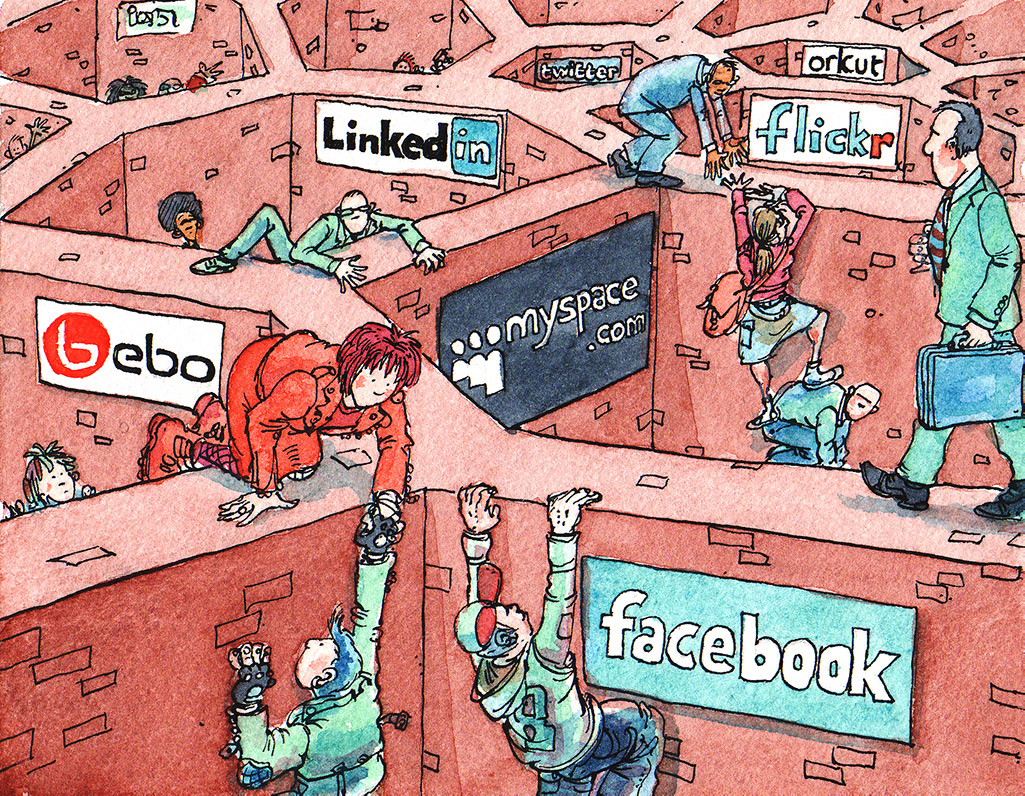People started their own blogs and sites,
sharing things on their own terms.

Ruben Verborgh, Ghent University – imec
ePIC 2018, 23 October 2018
Ruben Verborgh
Ghent University – imec
- a biological community of interacting organisms and their physical environment
- (in general use) a complex network
or interconnected system
- Silicon Valley's entrepreneurial ecosystem
- The entire ecosystem of movie and video production will eventually go digital.
Solid aims to give people back
their choice on the Web.
People should be free to share
whatever they want
with whomever they want,
while paying a fair price.
The Solid ecosystem enables you
to use the apps you need,
while
storing your data wherever you want.
You own your data,
and share it
with the apps and people you choose.
You freedom to use the Web shouldn’t be influenced by:
Anyone can say anything about anything.


The Streamdecide in our place.
Sign in with Facebook to see this content.
Facebook works better with the native app.

The Facebook founder has no intention of
allowing anyone to build anything on his platform
that does not have his express approval.Having profited mightily from the Web’s openness,
John Naughton, The Guardian
he has kicked away the ladder that elevated him
to his current eminence.
![[photo of a ladder]](images/ladder.jpg)
Decentralizationin Solid is not needing
Decentralizationin blockchain means that
PREFIX as: <https://www.w3.org/ns/activitystreams#>
PREFIX xsd: <http://www.w3.org/2001/XMLSchema#>
<#ruben-likes-epic> a as:Like;
as:actor <https://ruben.verborgh.org/profile/#me>;
as:object <https://epic.openrecognition.org/#this>;
as:published "2018-10-24T07:30:00Z"^^xsd:dateTime.{
"@context": "https://w3id.org/openbadges/v2",
"recipient": {
"type": "url",
"identity": "https://ruben.verborgh.org/profile/#me"
},
"issuedOn": "2016-12-31T23:59:59+00:00",
"badge": {
"type": "BadgeClass",
"id": "https://epic.openrecognition.org/badges/5",
"name": "3-D Printmaster",
Solid lets you take control
over your personal data.
It breaks up silos on the Web
by linking to information
rather than harvesting it.
Your data, your apps, your choice.